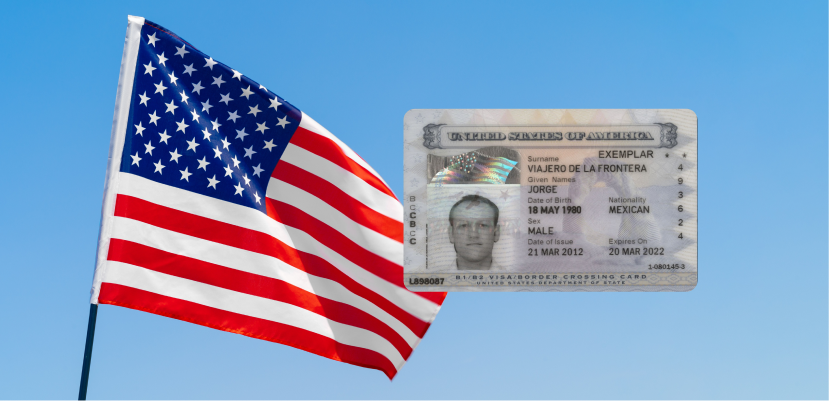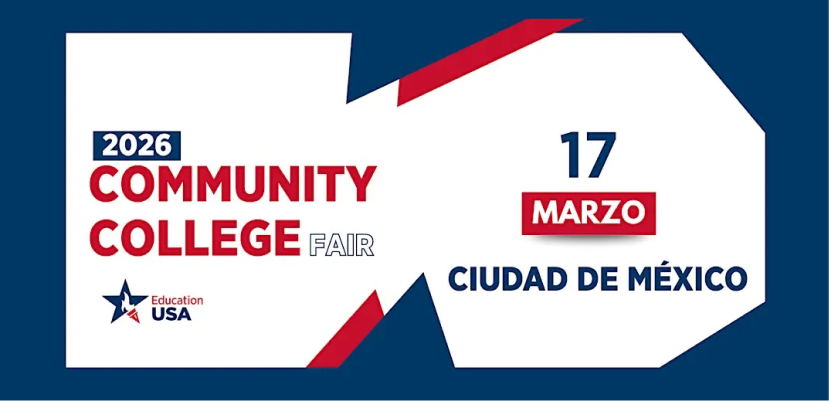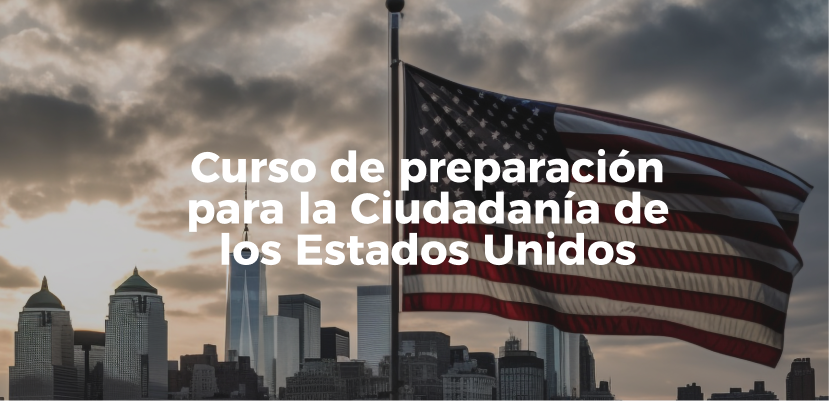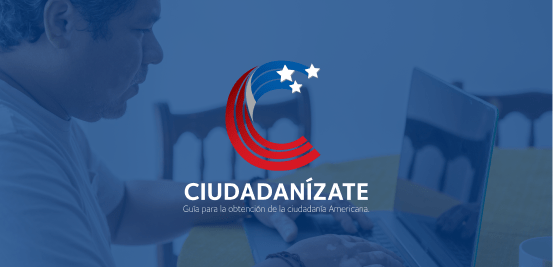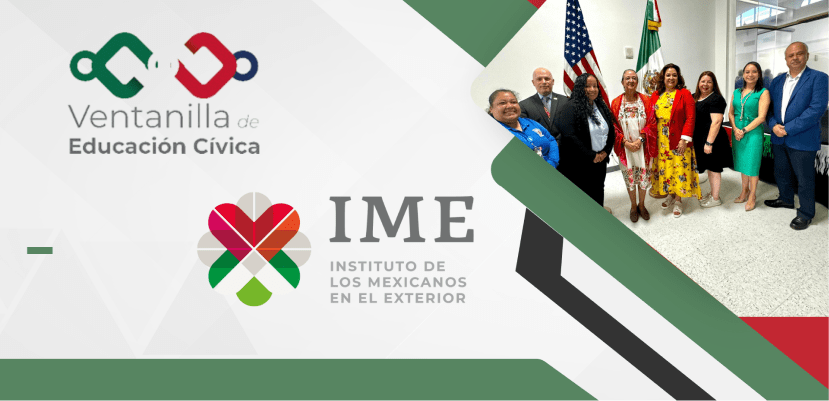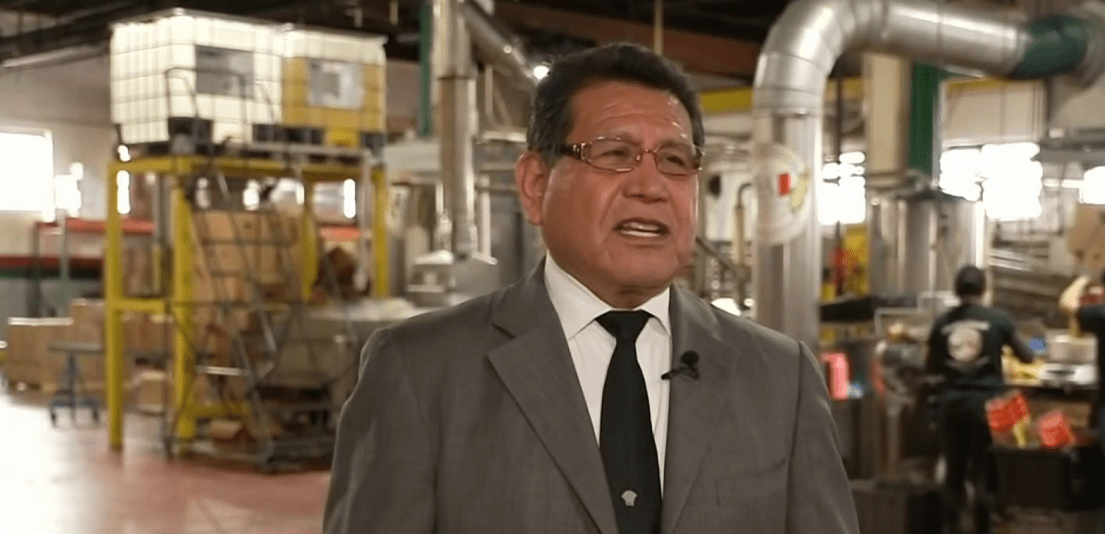Según una encuesta de la firma KRC para una empresa de seguros de vida, un porcentaje importante de la comunidad hispana desconoce los beneficios de la seguridad social por jubilación.
KRC preguntó en una consulta por medio de Internet a mil 513 personas hispanas y no hispanas sobre sus conocimientos de los beneficios de su jubilación.
Los resultados arrojaron que el 47 por ciento de los latinos respondieron de forma incorrecta a más de la mitad de las preguntas básicas sobre los beneficios de la jubilación.
Por ejemplo, el 77 por ciento de los hispanos piensa que para poder acceder a los beneficios de la seguridad social por jubilación es un requisito indispensable ser ciudadano estadounidense, sin embargo la legislación vigente en la materia desmiente esta afirmación, ya que la ciudadanía no es un requisito para tener acceso a una jubilación.
Mientras que el 79 por ciento de los consultados de la comunidad hispana piensan que la edad para recibir la jubilación es los 65 años de edad, situación que también es falsa, debido a que la legislación determina que la edad para recibir este beneficio va variando dependiendo del año de nacimiento del trabajador.
Por otra parte el 53 por ciento de los consultados latinos creen que cuando un jubilado enviudada seguirá recibiendo ambas jubilaciones, algo que no está establecido en la legislación vigente.
Los especialistas en la materia sostienen que es importante crear conciencia entre la comunidad hispana sobre los beneficios de la jubilación y del correcto conocimiento de todos los aspectos de este beneficio de los trabajadores.
Fuente: El Nuevo Herald




